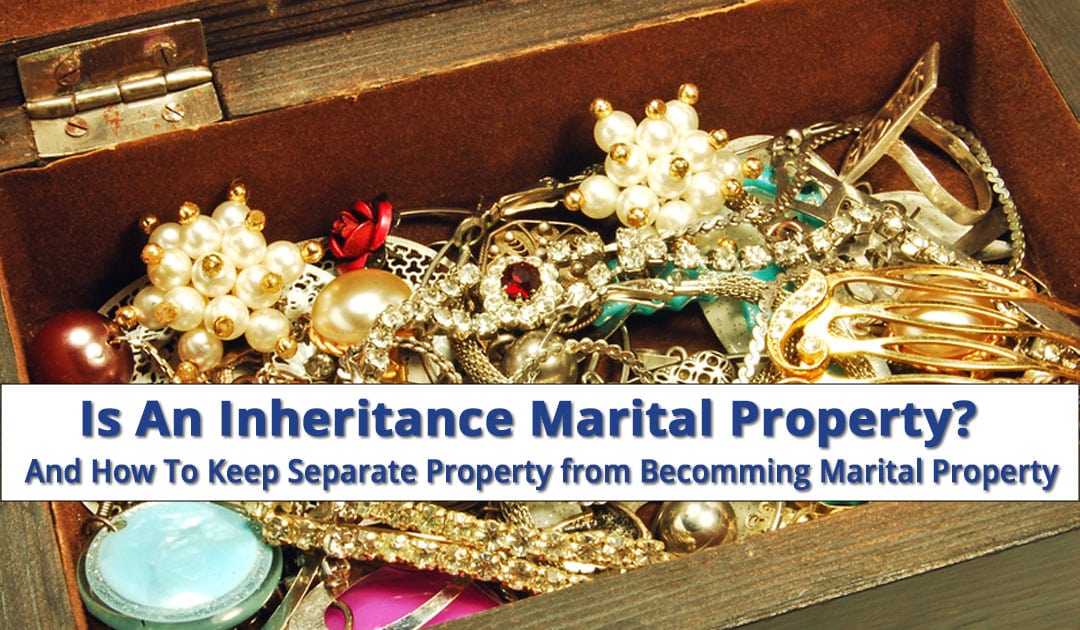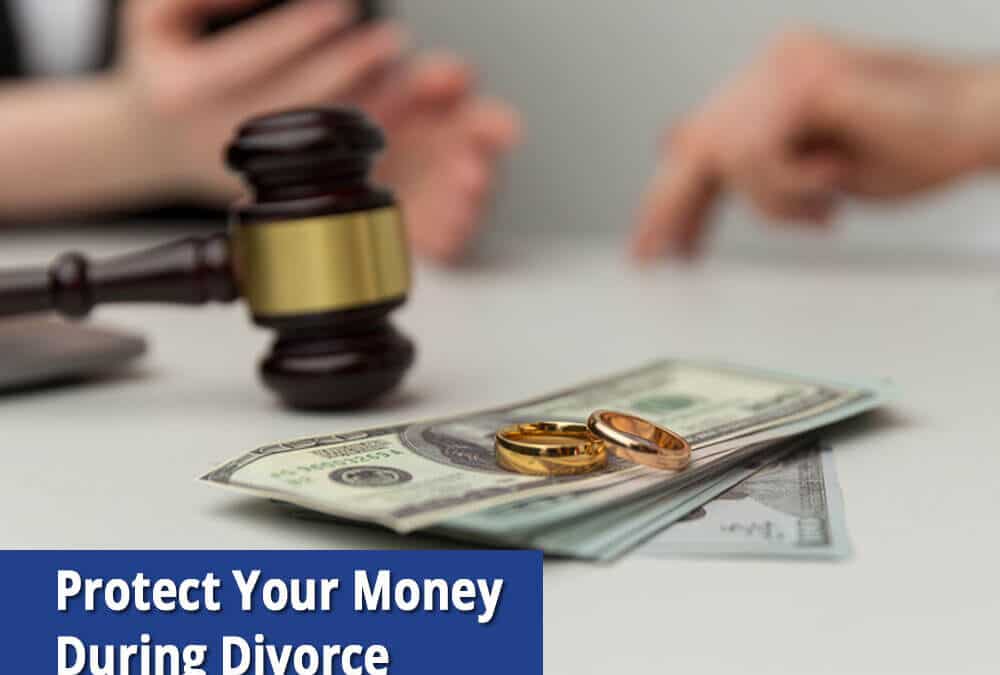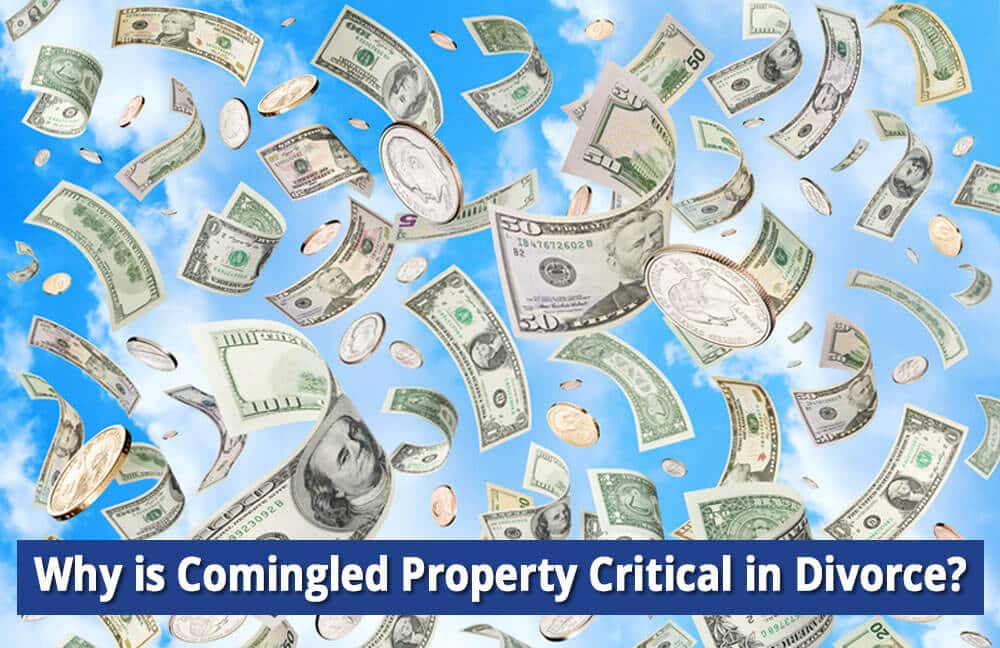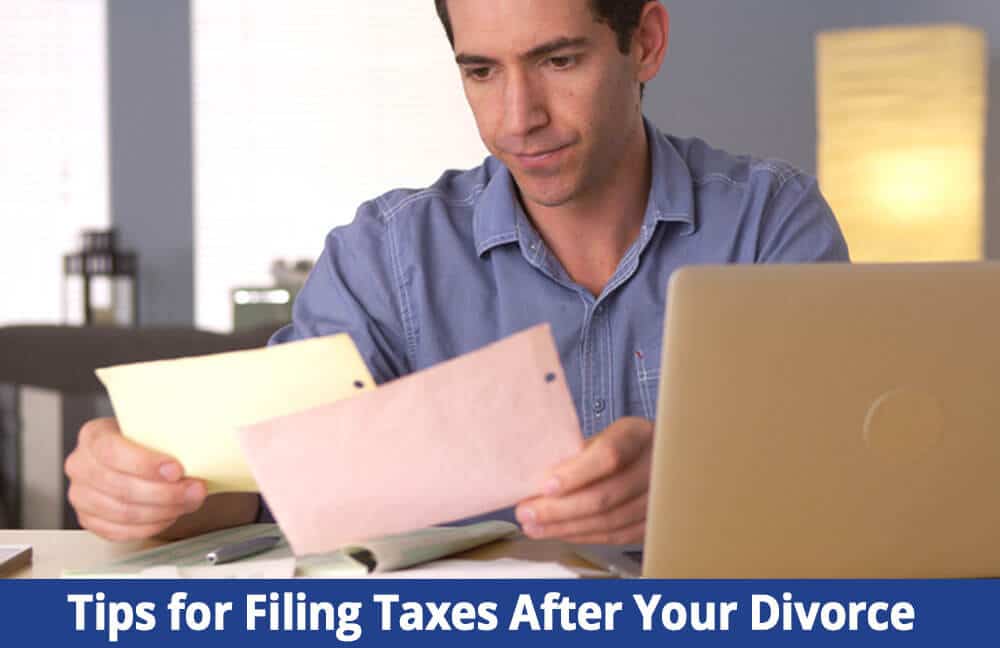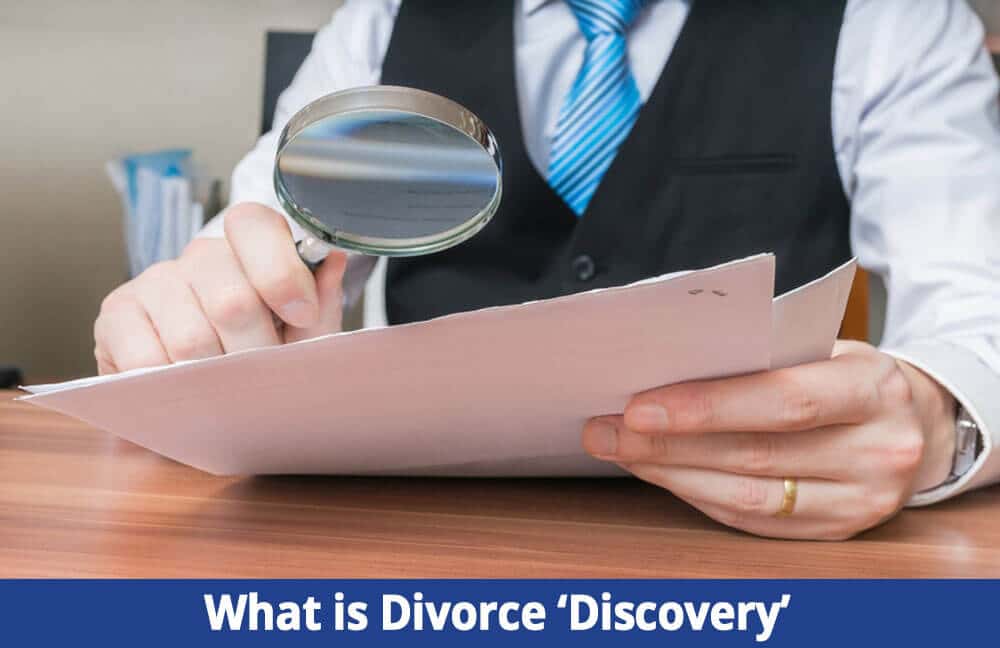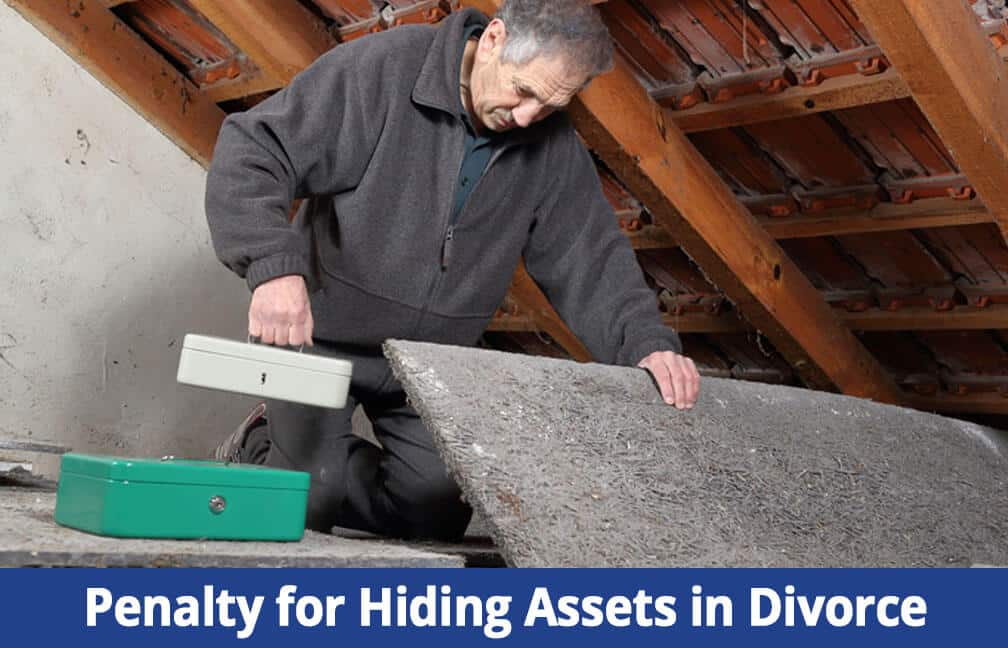
Should I Buy My Spouse’s Share of Business Before Divorce?
Should I Buy Spouse’s Share of Business Before Divorce?

If going through a divorce wasn’t difficult enough for couples, business owners have much more to consider before and during the divorce process. Businesses owned by either one or both spouses are often considered joint property in New York divorces. As a result, it might be considered a shared asset and be subject to equitable distribution laws.
An experienced divorce attorney can assist you if you are a business owner going through the dissolution of your marriage and are concerned about the future of your company. Keep reading to find out if you should sell your share of the company to your spouse before you get divorced on Long Island.

